Changing Electrical Wiring: What You Need to Know Before the Electrician Arrives
We learned from Yuri Bриgalda, an electrician with 35 years of experience, what needs to be done in your apartment before specialists begin installing electrical wiring.
Determine whether you will be lowering the ceiling
This affects how far from the ceiling the electrician will run the cable. The principle is as follows: if you plan to install a suspended or drop ceiling, the wire must remain in an accessible area. You should consider this point even if you're only planning to install mounted ceilings in the distant future.
What about the cornice?
What kind of cornice do you plan to install in the room: ceiling-mounted or wall-mounted, with lighting or without? If you choose wall-mounted, notify the electricians in advance: wiring should not pass through where mounting points are located. If you're considering lighting or want to install an electric cornice, you'll need cable outlets near the window.
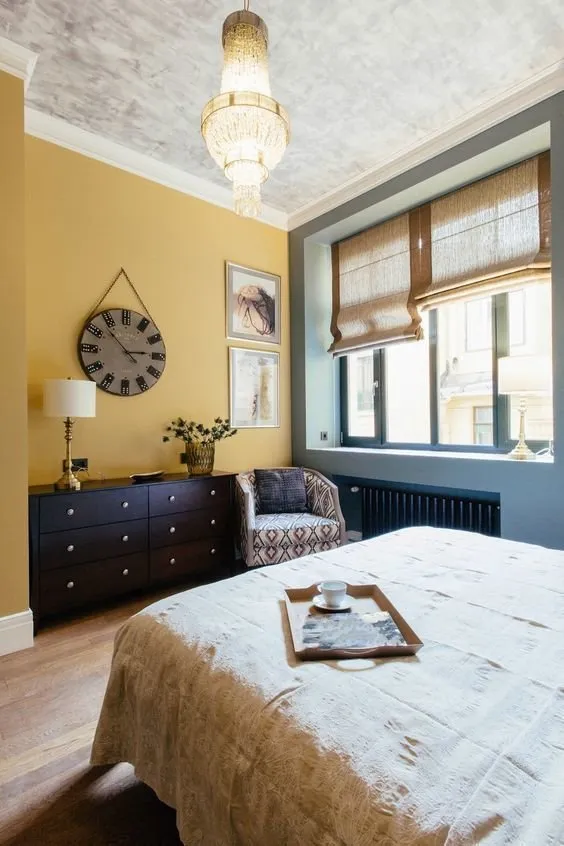
In which direction does the door in the room open?
Yes, this matters too. It should not block the light switch. Plan where furniture will be placed near the door frame, and from which side. Electricians report that in their practice, there are often cases where outlets and switches end up inside a wall cabinet or above a shelf.
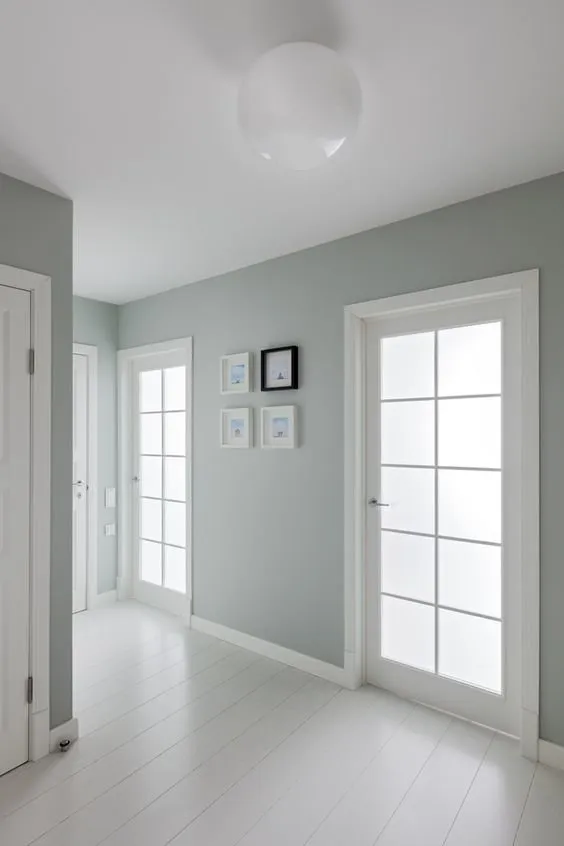
Where will additional lighting points be located?
They are usually needed above the bed, workspace, dining table, and reading area. Therefore, you should already define the room zones at this stage. Don’t forget about the bathroom—there might be a need for mirror lighting.
It’s better to have more outlets than extension cords throughout the apartment. Unused electrical outlets can be hidden later. Internet and phone outlets should be placed near the work area. Cable for an antenna is recommended to be hidden behind the TV, so in the living room, place it at a height of 120 cm, and in the bedroom where the TV is usually watched lying down—2 meters.
Don’t forget about appliances
Outlets for stationary equipment (air conditioner, microwave oven, refrigerator, computer, TV) should be arranged so that the devices can access them freely but also hide them from view.
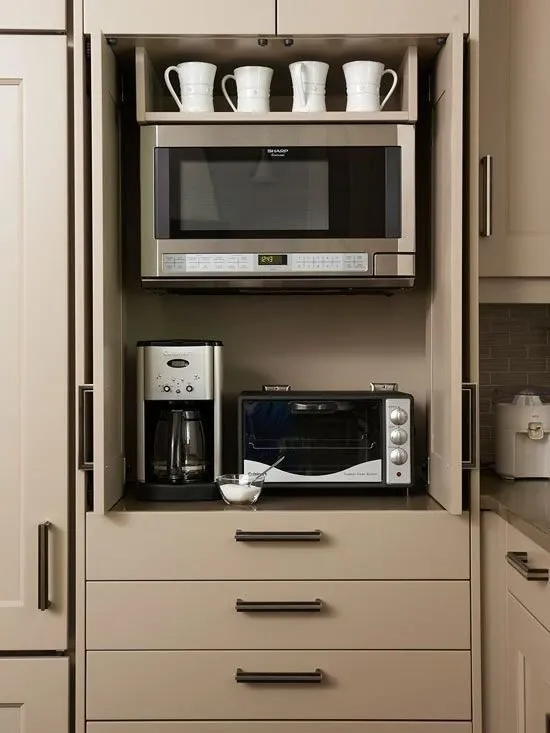
Pay special attention to water heaters
To water heaters, washing machines, dishwashers, and electric stoves. These are more powerful appliances requiring special outlets and cables with larger cross-sections. This is about your safety as well. Therefore, you should know where these devices will be located in advance.
Which layout of outlets is more convenient for you?
European (10 cm from the floor) or Soviet (90 cm from the floor)? Each has its own pros and cons. In the first case, you get easy access to electricity for floor-standing lamps and rarely used appliances like vacuum cleaners.
In the second case, it’s for devices placed on surfaces. It's more convenient to plug in a socket mounted at 90 cm—no need to bend over. On the other hand, if the appliance is always in the same place and doesn’t require frequent unplugging, a socket placed lower will better hide power cables.
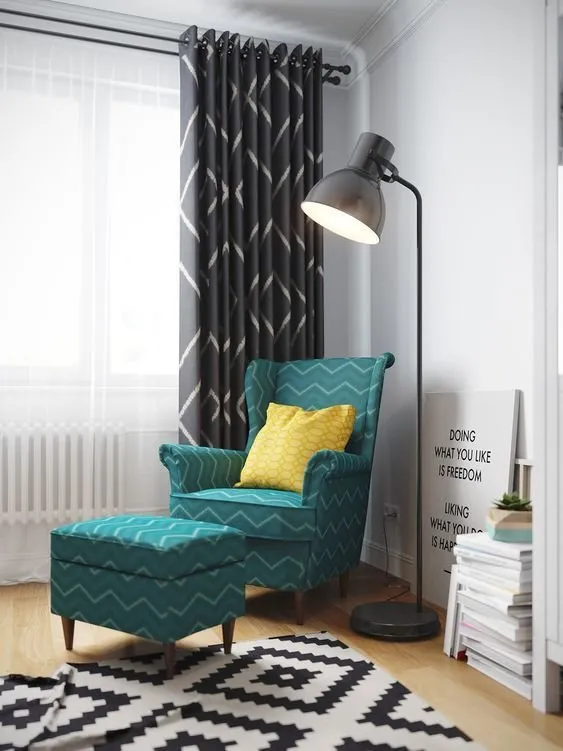
Ask the electrician for a wiring diagram and keep it
This will come in handy when you need to maintain the network or make changes during the next renovation if you missed something.
Need a renovation specialist?
Find verified professionals for any repair or construction job. Post your request and get offers from local experts.
You may also like
More articles:
 What to Do About Very Low Ceilings in My Apartment?
What to Do About Very Low Ceilings in My Apartment?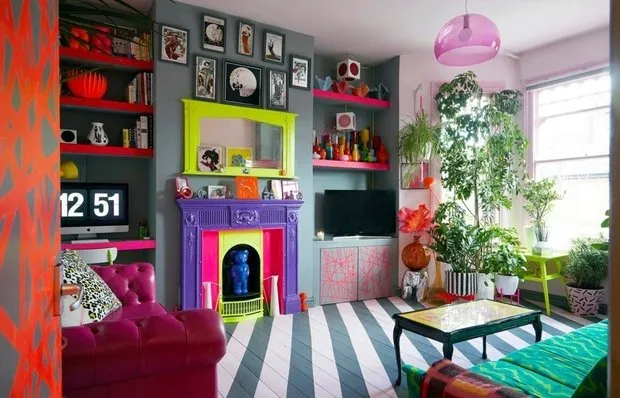 Bright Apartment in London's Hackney
Bright Apartment in London's Hackney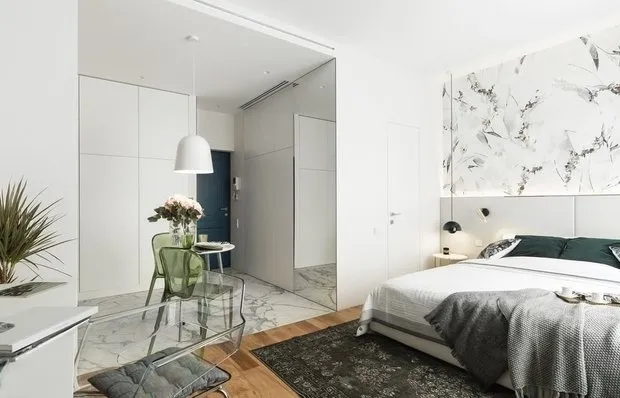 Guide: 8 Small Apartments with Smart Storage Solutions
Guide: 8 Small Apartments with Smart Storage Solutions Color + Patterns in Interior Design, or Say Goodbye to Beige
Color + Patterns in Interior Design, or Say Goodbye to Beige Kitchen-Living Room Design: 7 Favorite Tips from Marina Braginskaya
Kitchen-Living Room Design: 7 Favorite Tips from Marina Braginskaya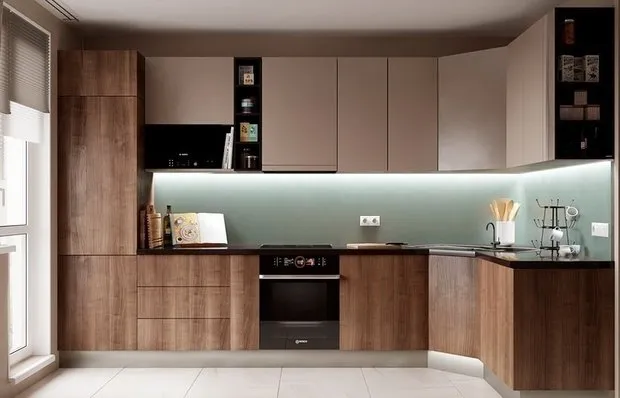 Personal Experience: How to Use Wood in Interior Design
Personal Experience: How to Use Wood in Interior Design Tropical themes in interior design: a trend that never goes out of style
Tropical themes in interior design: a trend that never goes out of style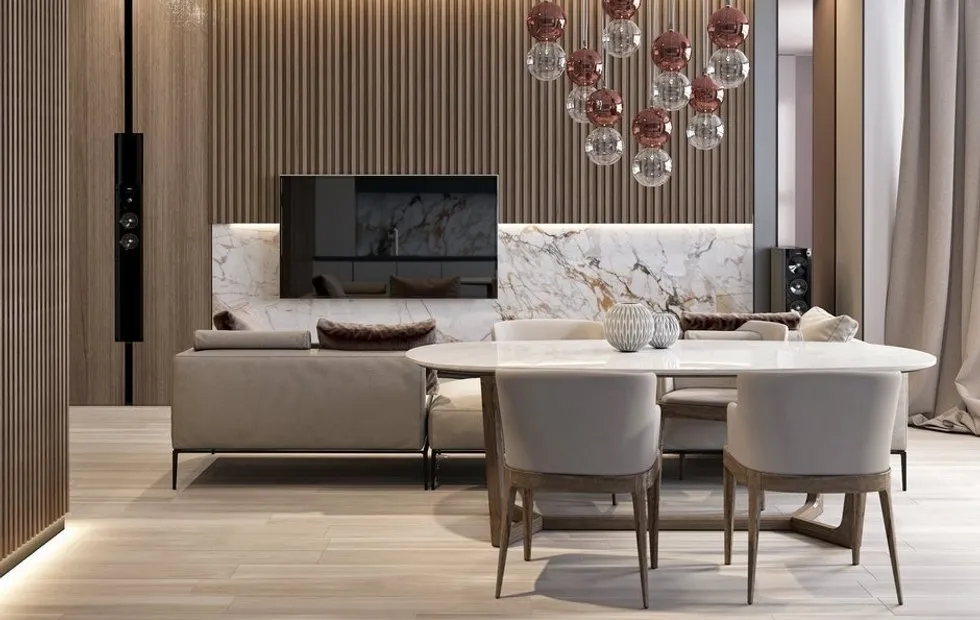 Marble, Onyx, Concrete in Interior Design: 15 Trendy Ideas
Marble, Onyx, Concrete in Interior Design: 15 Trendy Ideas